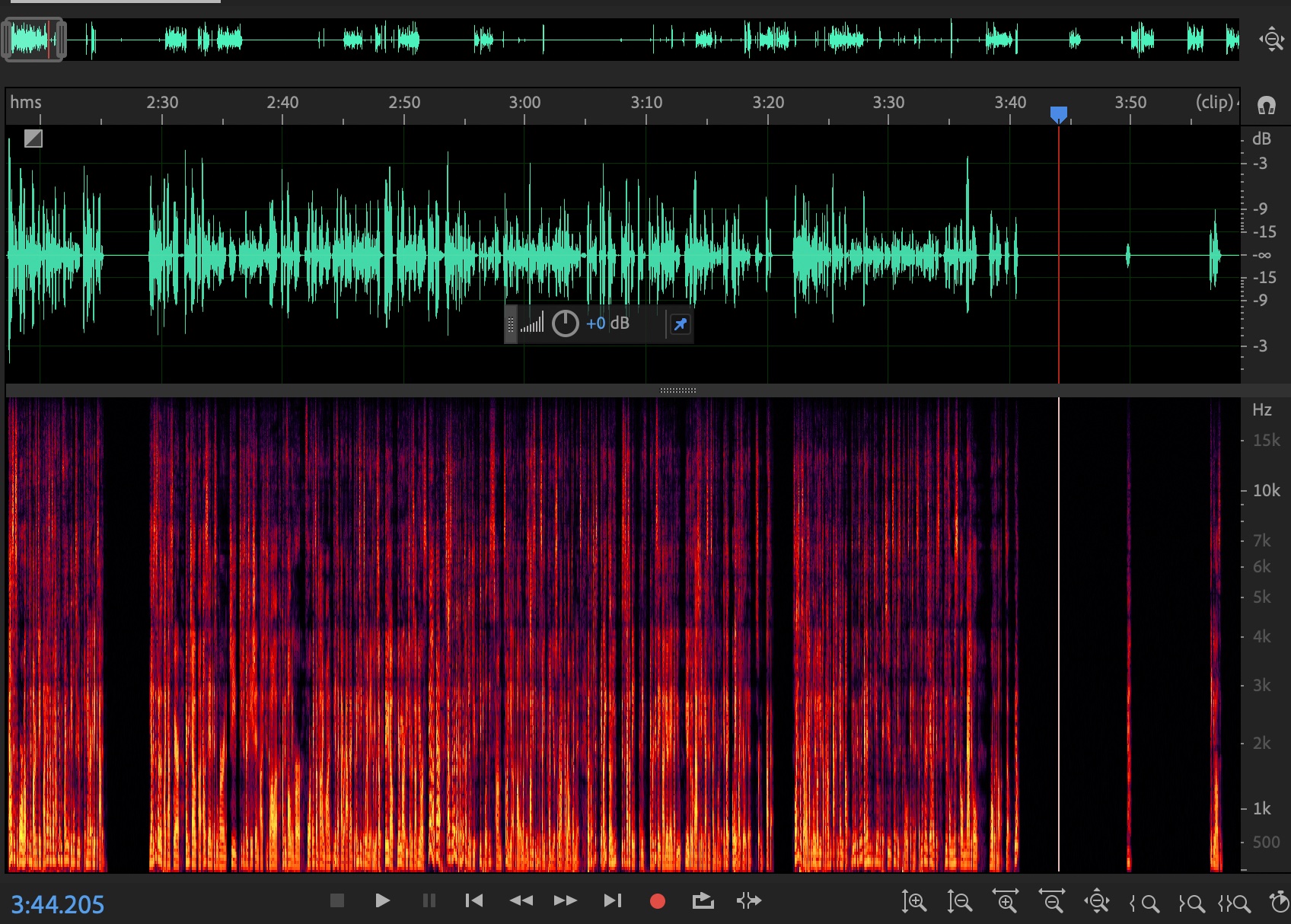You may have heard the basic tips and tricks of podcast editing, or editing any kind of speech audio. Remove ‘ums’ and ‘ahhs’, breaths, mouth noises, pops and clicks, silences, etc. But sometimes we can take it too far and actually end up over-editing a podcast in pursuit of the perfect sound (tip number one: there’s no such thing as perfect). Here are three things I’ve learned which have helped me avoid doing just that.
Don’t get rid of all ‘ums’ and ‘ahhs’
Yes, they can be very distracting, particularly if there are too many of them. If they’re littered throughout a person’s speech and are of no value to what’s actually being said, go ahead and get rid of them. But I really think it’s okay to leave the occasional one in. Maybe the person in question speaks quite fast and it’s difficult to remove an ‘um’ without cutting into the next word. Maybe they’ve started an answer with an ‘um’ because they’re considering what they’re going to say, or they’re reacting in the moment to an unexpected question or statement. There can be various reasons, but if it isn’t excessive (as in every other word), there’s no harm in a couple of ‘ums’. Sometimes we have to make allowances for someone’s natural speech patterns.
Don’t get rid of all breaths
You may have heard that this is the thing to do, but I personally would argue against it. Again, if someone is a really heavy breather and it’s a very distracting sound, by all means, remove it (or at least quieten it down a bit). But for the most part, it’s perfectly natural to hear someone take a breath while speaking, so much so that we usually don’t even notice it. So if it’s not overly noticeable, there’s no need to take it out. If you are removing a breath, just make sure you do it by reducing the dB rather than deleting it, or the edit might sound too sharp. It all comes back to the idea of trying not to mess too much with people’s natural speech patterns. You want your audio to sound as clean and polished as possible, but you also want your guests to sound like human beings and not robots.
Silence can be a good thing
Everyone has different editing styles, and those styles will suit different types of podcasts. Some may be more fast-paced, others more reflective. There is a tendency for some editors to take out every pause or every bit of silence, but decisions like this should be made based on the pace and style of the podcast. One of the most valuable pieces of advice I ever got from a tutor was that silence can be an incredibly important storytelling device. If you’re editing a particularly emotive or thought-provoking conversation, leaving in pauses gives the podcast more breathing room and allows time for the listener to really process what they’re hearing. So before you take silence away, always stop to consider what it might add.
